What is the Best Month to go on an African Safari?
That’s a tough question to answer! Each new season in the southern Africa bushveld brings with it a flurry of unique wildlife activity. As the seasons shift, so do the colours of the landscape and the type of game viewing. The peak safari season in South Africa, Kenya and Botswana is generally Apr – Aug, with the pinnacle being June/July. This is the period of time that sees the dulling of the savannah’s natural colours, and a thinning out of the bushveld. Because of the lack of rainfall, the landscape is dry, sparse and crunchy. Spotting game becomes much easier and herds head to waterholes to replenish their thirst during the dry months, making it much easier to predict their behaviour. This period of time is also the European holidays, so visitors tend to swarm to safari destinations, which means it’s advisable to get your booking in early.
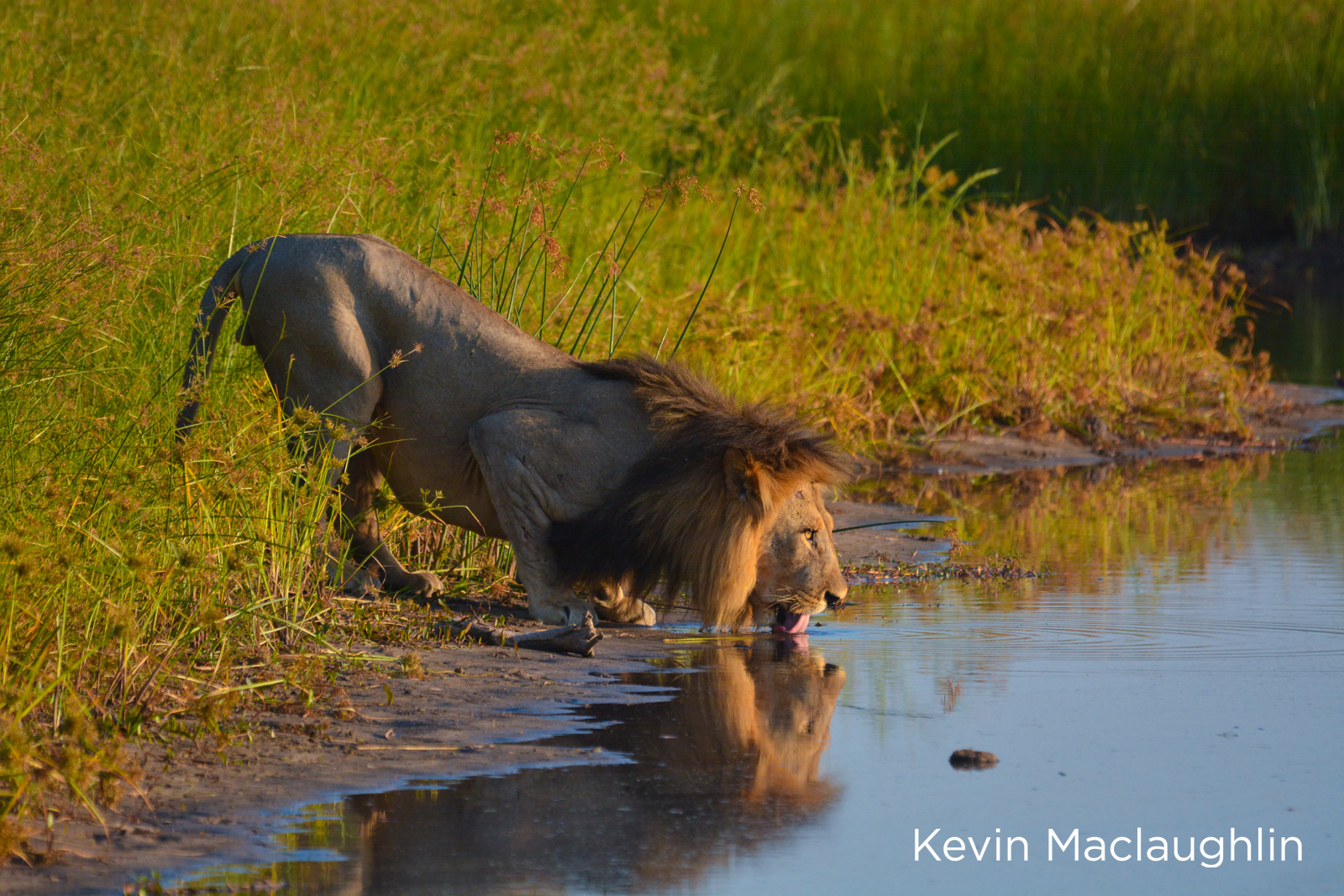
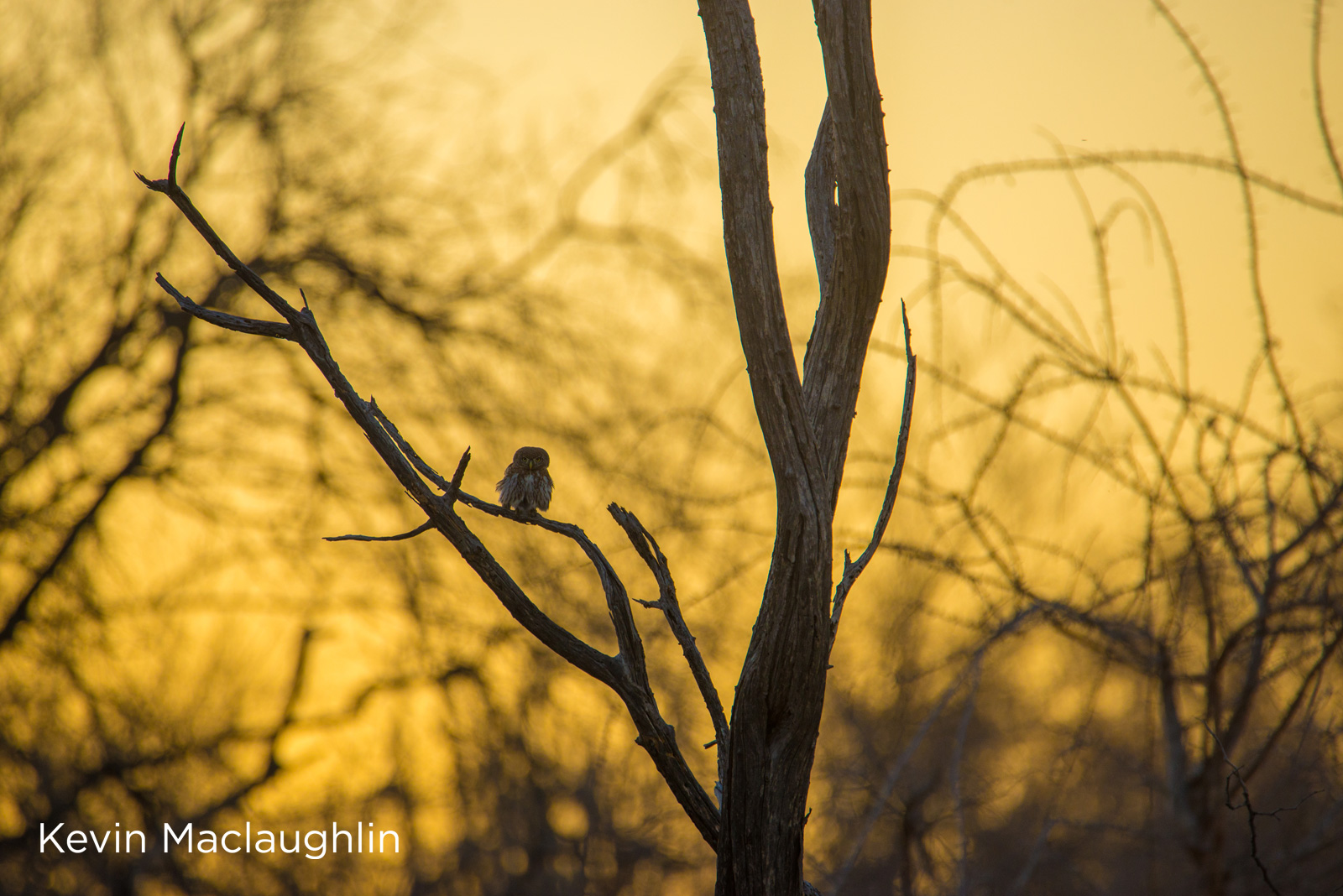
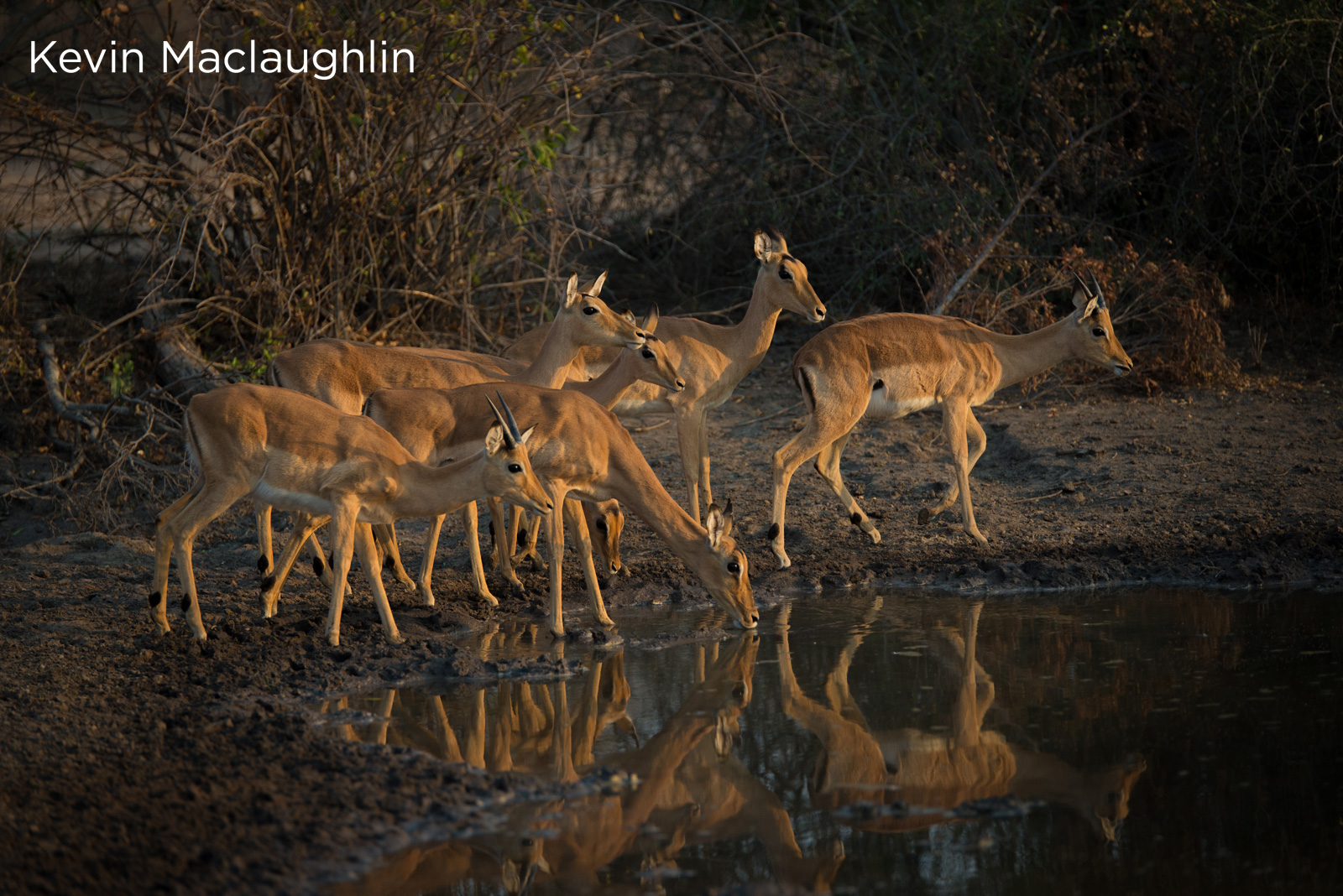
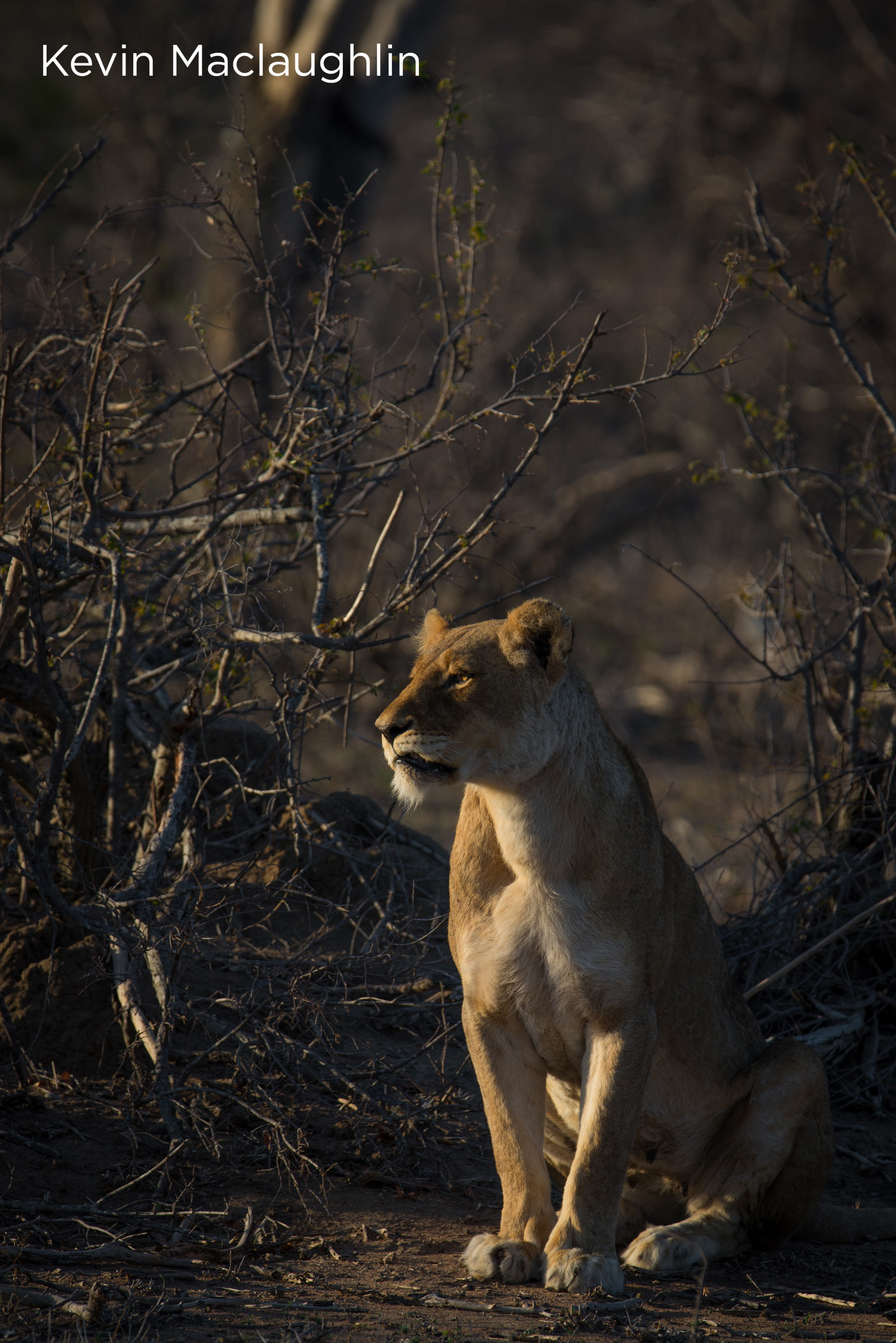
According to many guidebooks and tour operators, June and July are the optimum months to enjoy an African safari. However, if you aren’t beholden to the holidays, May and late August are equally as successful in terms of sightings. The wild dog denning period is generally from May-August, with August being the month when you see the pups slowly emerging from the den site, accompanying the adults on expertly crafted hunts.
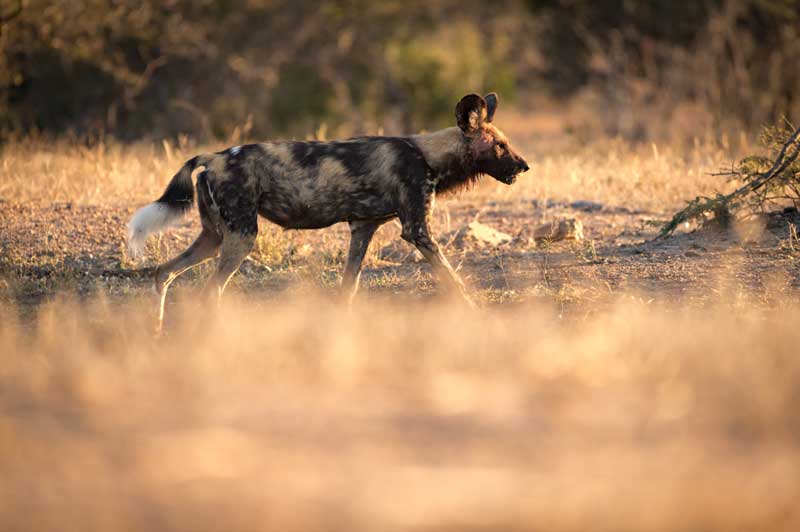
Of course, the best month to go on an African safari is also dependent on what region you visit, and what species you would like to see while out in the wild. Even during the peak months, you might not see your bucket list of game. Wildlife has little interest in appearing on demand! The open landscapes teeming with game are vast, and often great tracking skills combined with luck are required to spot animals.
Spring/Summer time is the time of year when lambs are born, cubs are spotted and calves emerge. It’s renown for being the birthing season and is most certainly a very endearing time of year to visit. The colours of the bushveld and savannah slowly spill over from dull khakis into bold greens, and signs of new life can be seen everywhere. It’s a season that’s alive and brimming with possibility.
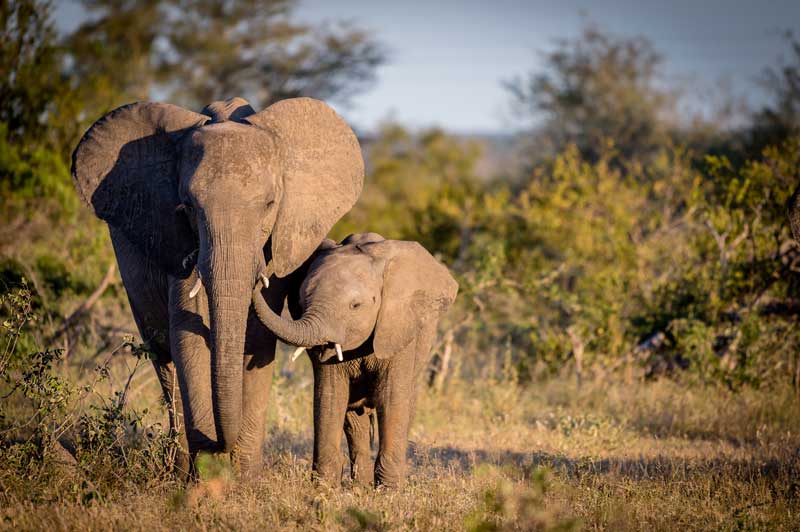
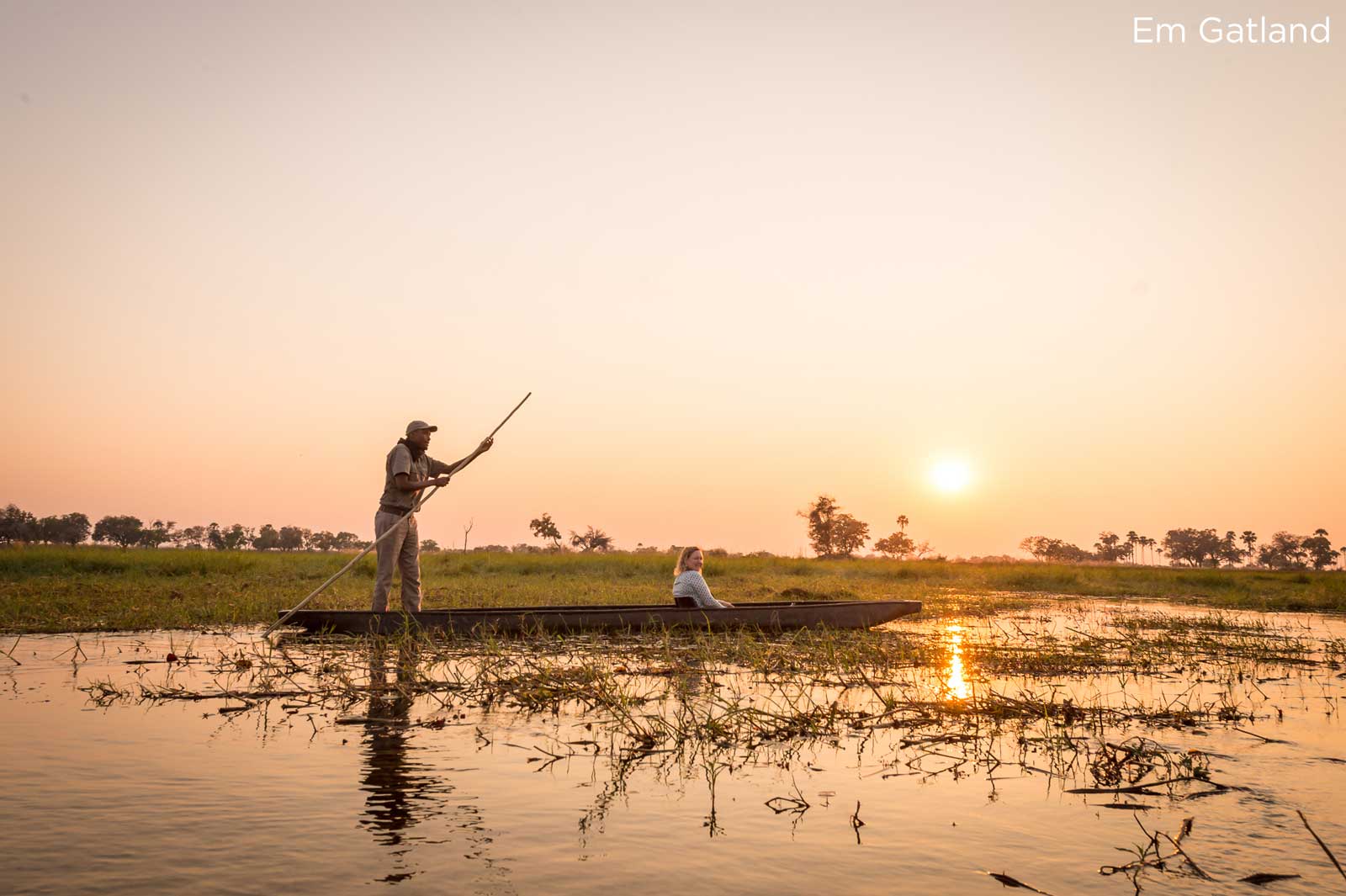
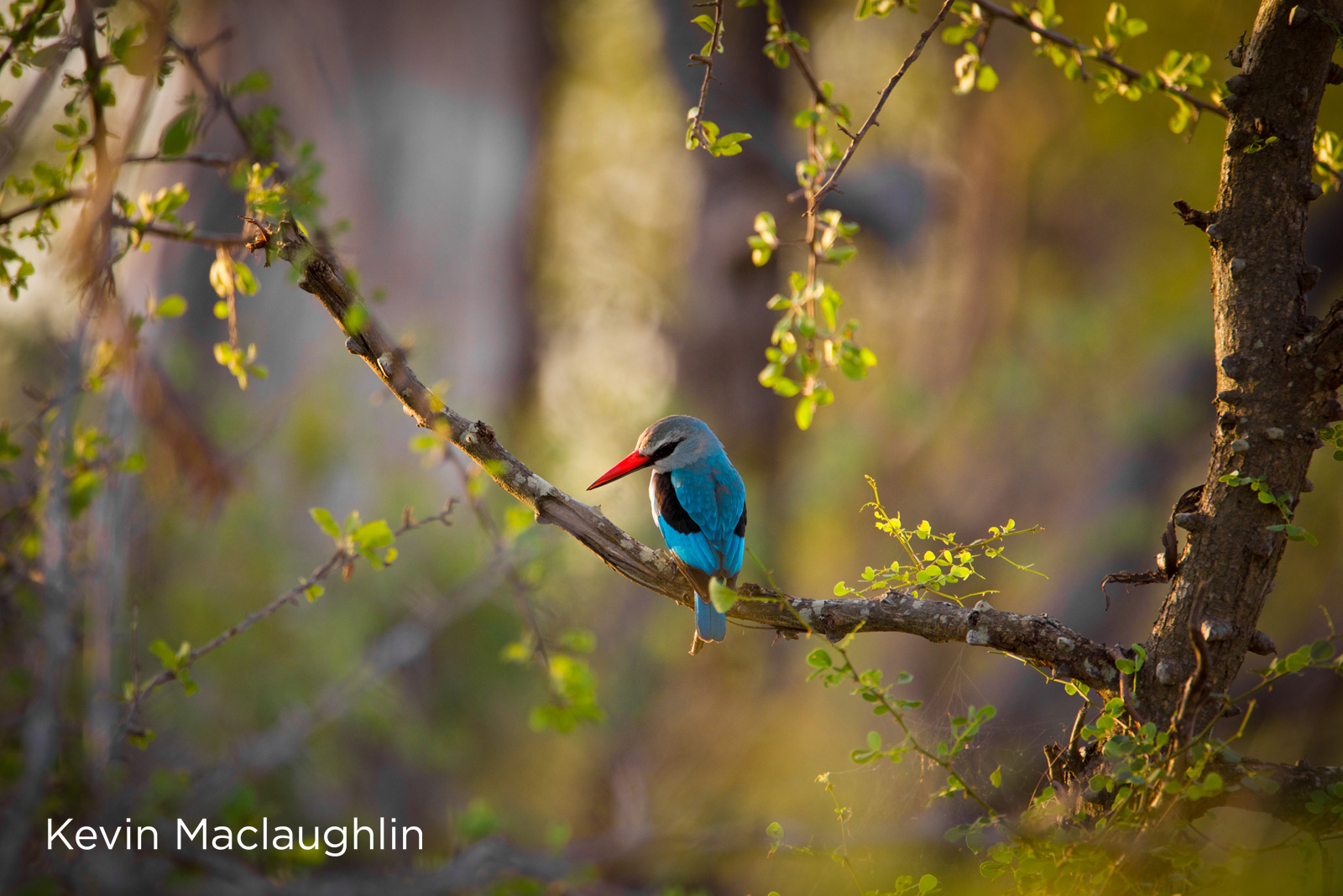
The full-blown summer period is fondly referred to as the emerald season. It’s the time of year when the thirsty landscapes lap up the sheets of summer rain and the vegetation shifts from drab to energetic. Summer migrant birds arrive in their droves and rivers burst onto the banks. Do be aware that the Summer in the Greater Kruger is muggy, sticky and hot!
The short-burst thunderstorms are exquisite, and they provide a welcome break from the heat. Because the bush is buzzing with vulnerable youngsters, the marauding predators conduct numerous kills – there are so many easy meals on offer. Despite the thick and dense bush, it’s still possible to get 100% visibility of big cats on a kill. The summer period in the Kruger and Botswana is November and March.
Botswana’s seasons aren’t as distinct as the Kruger. The country is vast, and it’s pretty much a year-round safari destination with its permanent water source offering up plenty of elephant, hippo and croc sightings. From June – Sep the Delta is at its fullest, and the climate is moderate. This is the perfect time for water based safari activities such as boating, mokoro trips and canoeing. October is still quite a dry month in the Delta, which means wildlife lumber down to available water sources giving you more opportunity to spot wildlife congregating on the banks of a waterhole.
If you are heading to Masai Mara for your East African migration safari, then we recommend travelling there between July – Oct, the time when the herds have returned to the area after their route. November and August is the time of year in Tanzania to see the wildebeest migration.
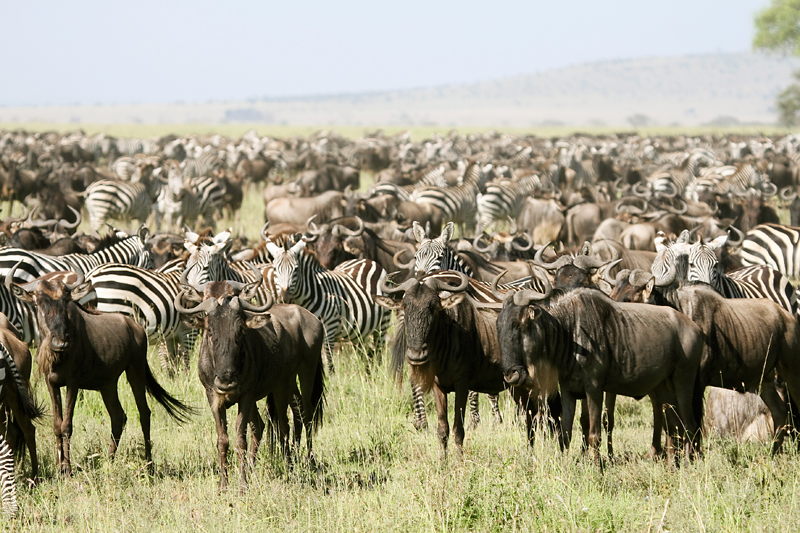
When it comes to gorilla trekking in both Rwanda and Uganda, the activity is actually considered to be a year-round activity. Mid-December to Feb is relatively dry, and so is June – September. Months outside of these periods do enjoy a vast amount of showers, which doesn’t affect gorilla sightings; but it can get make the jungle terrain slippery, muddy and tough to navigate.
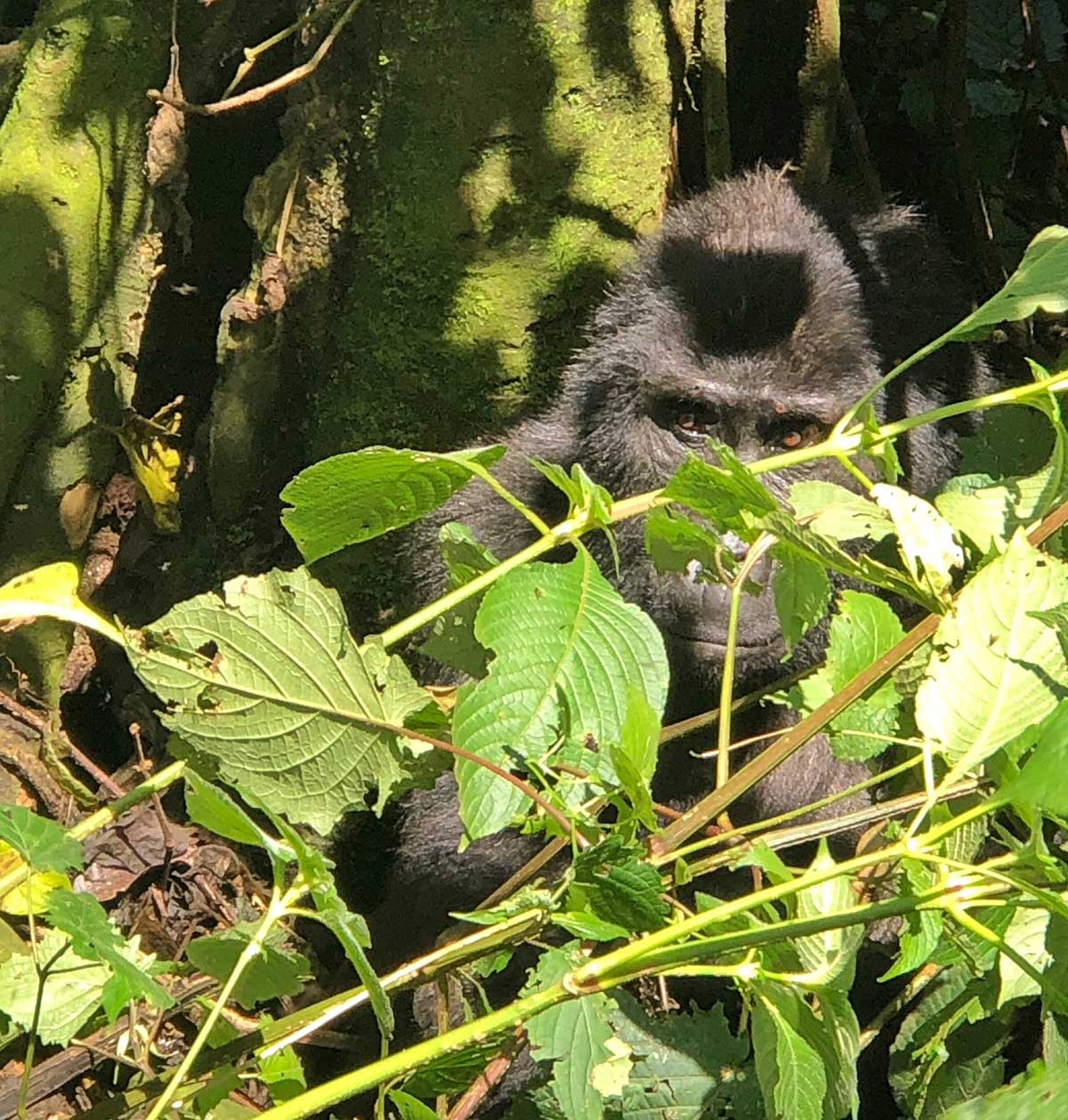
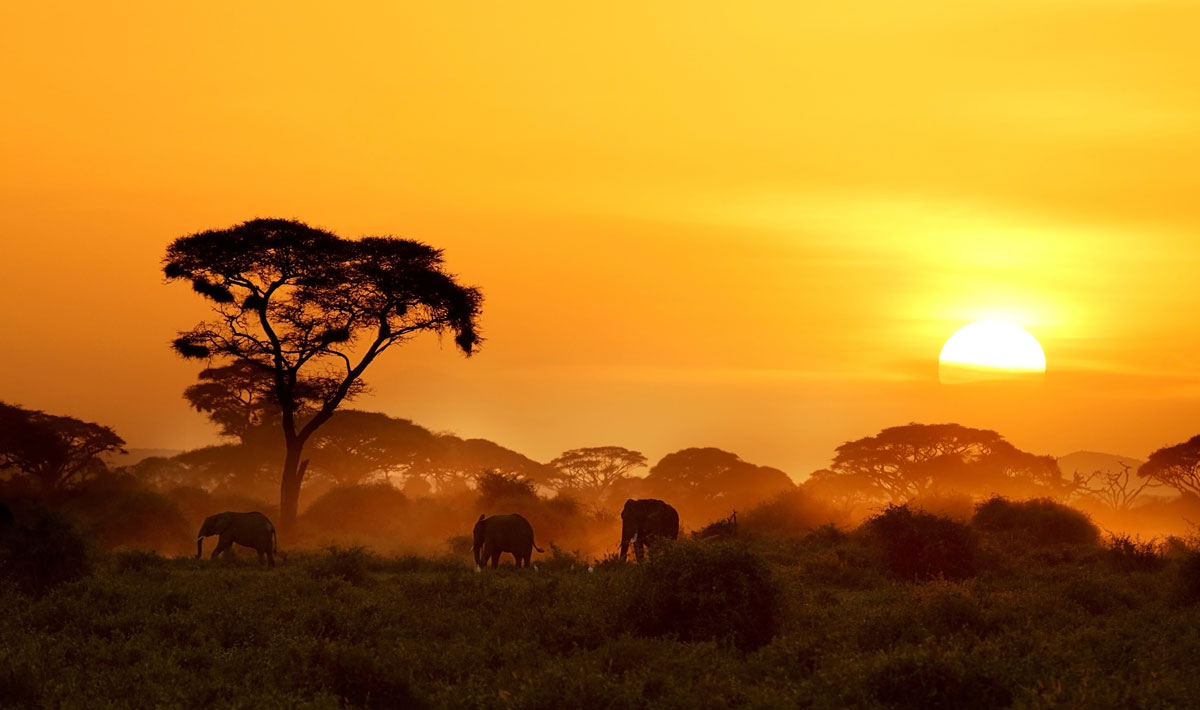
Guests go on safari out of season and see the big five, kills and everything in between. Other eager safari-goes go in the season and are just unlucky, seeing nothing but birds and plains game. Just bear this mind when choosing to go on safari – expect the unexpected; and have no expectations!

